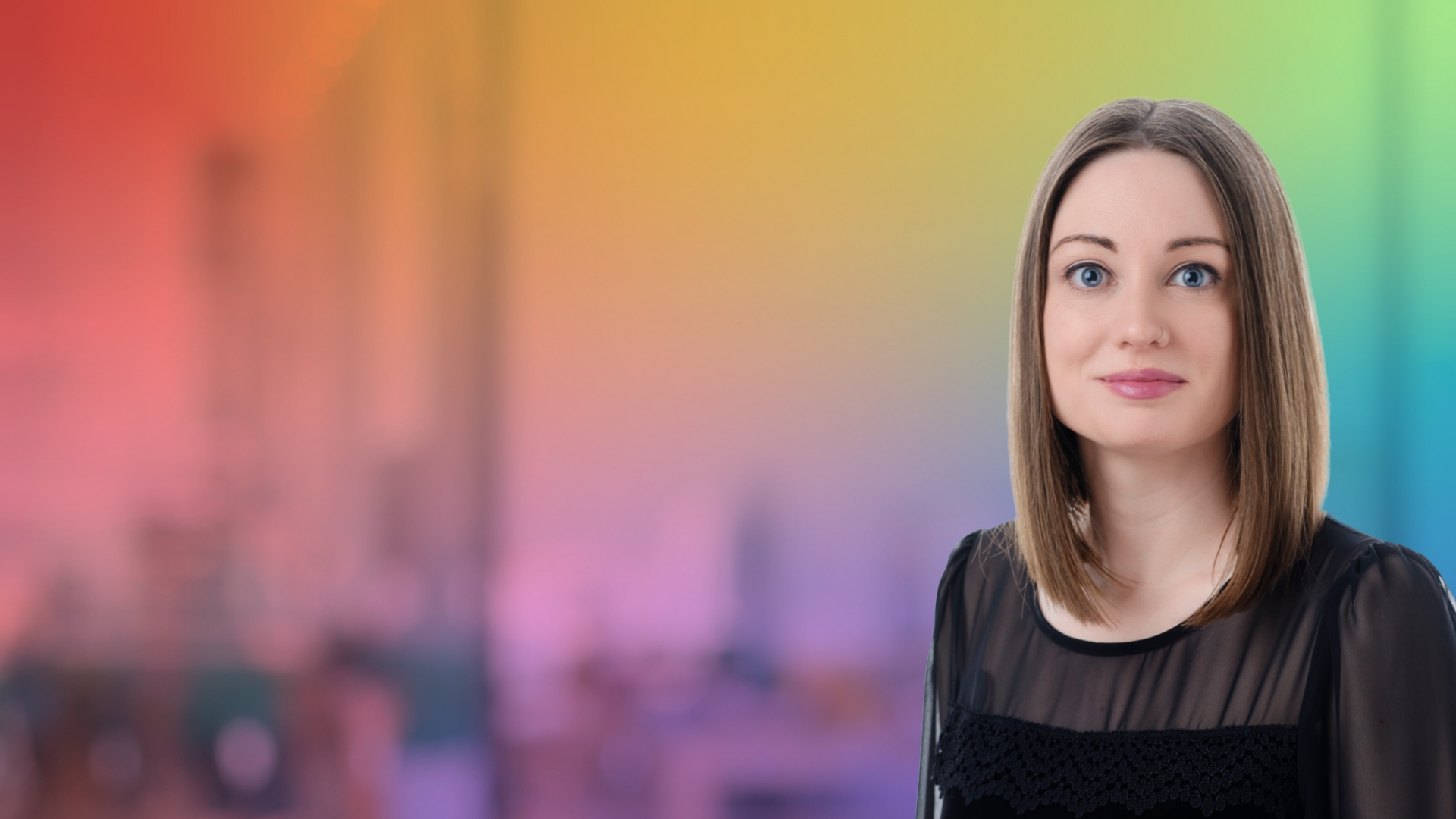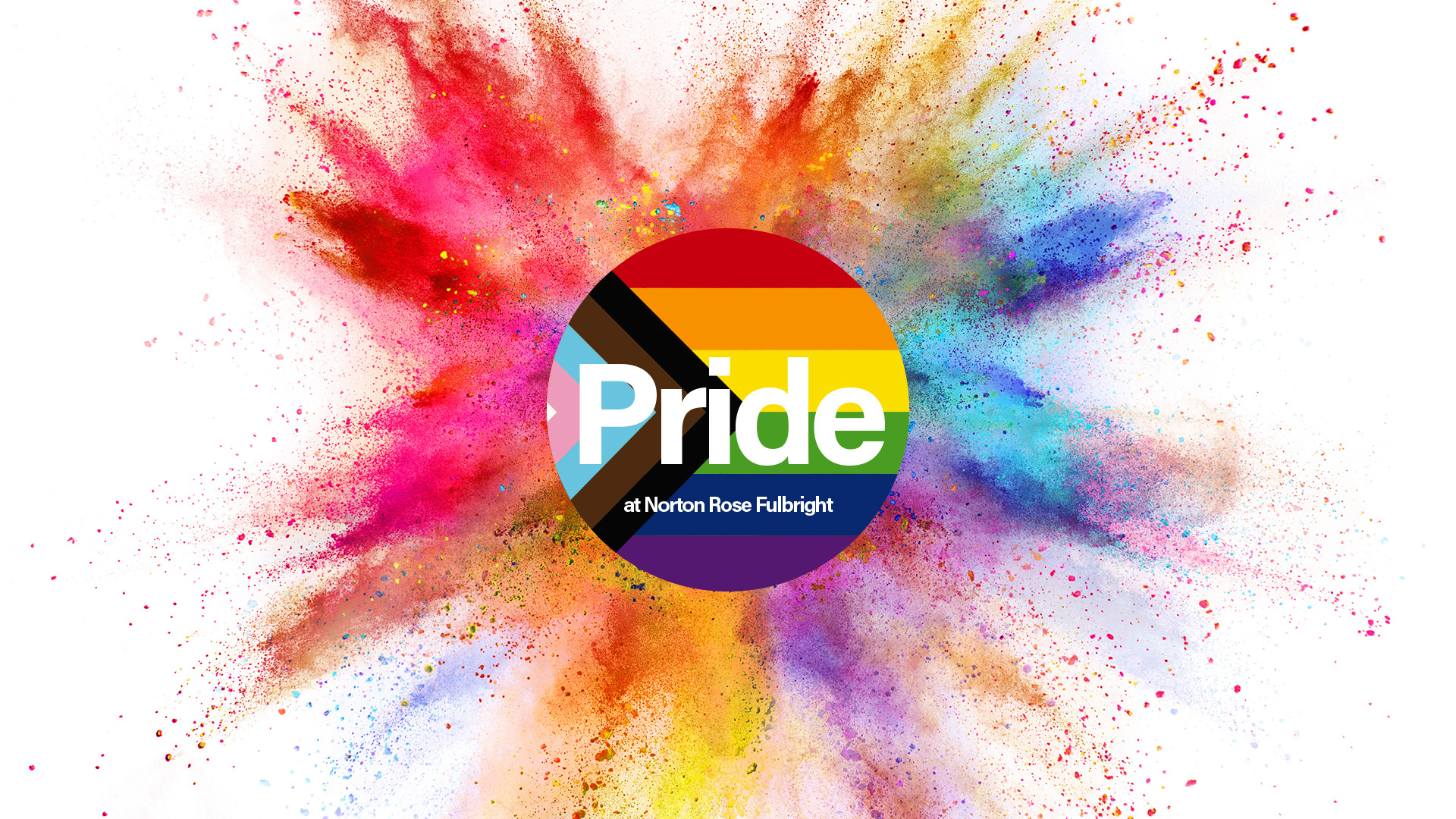Hana O'Connor, a Legal Assistant in our Ottawa office, talks about growing up in Ireland during the 90s.
"Who do you like better, Spice Girls or Backstreet Boys?"
Well, now I was in a conundrum. "I like them both!" I responded. To my fellow millennials who are familiar with playground politics of the late 90's, this was an unacceptable answer.
Being asked to choose has always been a bit difficult for me. On the one hand, I had been involved in some very heated discussions about who was the superior Backstreet Boy, but when Mel B jumped on screen in the 'Wannabe' video, in her neon green top, being the coolest, prettiest woman I had ever seen, life was never the same.
When I tell people that I didn't know what my sexuality was until I was 15, they don't believe me. However, when they dig a little further, they begin to understand.
I was born in Cork, Ireland in the late 80's, at a time when artificial contraceptives were illegal. It was also illegal to obtain a divorce, and very illegal to be gay. It shouldn't come as a total surprise that we also didn't have any form of comprehensive sex education in schools.
So you can see how things got a little confusing for me...
I was 15 when I first heard the term 'bisexual'. I knew that gay and straight existed, but I had no idea there were any other sexualities that one could be. I had not been taught the language to speak my identity.
Stronger, braver people than me broke down the barriers to have homosexuality decriminalised in 1994 (Norris v. Ireland, 1988), to have the right to purchase contraceptives, and to obtain a legal divorce, which followed in 1996.
My time to join the fight came in 2015. I had just completed my MA in Human Sexuality at Dublin City University and had been offered a position as Merchandising Coordinator at the Yes Equality HQ in Dublin.
Our campaign was grassroots. Our money came from our flagship store, situated in the heart of Dublin's bustling St. Stephen's Green, selling t-shirts and stickers. We were sitting ducks for harassment every day. We were often followed after work, screamed at, experienced a hoax anthrax threat, and physical violence occurred frequently.
It was arduous, exhausting, and humiliating at times. Especially when the opposition called their campaign 'Mothers and Fathers Matter'. I watched a friend, who had been raised by two moms, break down in front of one of those signs when she just wanted to get the bus home after work. The message was clear from the opposition: people like us did not count as parents.
When polling day came and we won, it was rapturous. Just over 20 years after homosexuality was decriminalised, the Republic of Ireland became the first country in the world to introduce marriage equality by popular vote. It was the dawn of a new, more inclusive Ireland.
Ireland won its campaign based on human stories. Queer people had to come out and tell our stories, debate our fears, and share our dreams. We had to do it while being ridiculed, jeered at, sexualised, infantilised, all on a national scale.
We were, however, also supported. Our families, our friends, our communities listened to us, campaigned with us, and showed up for us. Despite many of them never being in a same-sex relationship in their lives, they showed up for us. We needed them, and they delivered. That is allyship.
Some people would say things like: “My gay friend/relative/colleague asked me how I was voting. I was so upset that they had to ask, as if I would vote no." It's understandable why their feelings may have been hurt; however, we lived in a society where we received no formal education on, and were actively discouraged from speaking about, LGBTIQ+ topics. When we don't normalise speaking about different genders, sexualities, relationships, these things disappear from public view. So, perhaps what the LGBTIQ+ person who asked how you were voting was really saying is: “I know that we are friends, but do you really see me?"
The silver lining of growing up in Ireland during this period was that I learned just how hard one has to work in order to invoke meaningful social change. I know that my very existence, and my right to even express this now, is owed to those who fought for me to be here.
Allyship, true allyship, is needed by all marginalised communities. You may think that you are already being an ally, and maybe you are – but ask yourself: would my LGBTIQ+/Black/BIPOC/disabled friends need to ask me how I would vote if it came to their human rights?
If the answer is yes, there's some work to be done... so let's get started!




